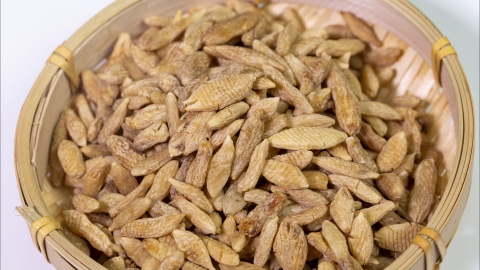Can I eat Ophiopogon japonicus (Mai Dong) if I have a history of urinary stones?
Patients with a history of urinary stones can usually consume Ophiopogon japonicus (MJ), but it is recommended to take it properly under a doctor's guidance.

As a traditional Chinese herb, Ophiopogon japonicus possesses functions of nourishing yin and moistening dryness, clearing the heart, and calming the mind. If urinary stones are mainly composed of calcium oxalate, and since Ophiopogon japonicus does not contain significant amounts of oxalic acid or other known components that promote the formation of such stones, it is generally acceptable to consume MJ in moderation. The yin-nourishing and moistening properties of MJ may help improve the internal environment and prevent urinary tract problems caused by dryness.
For patients with urinary stones, taking Ophiopogon japonicus does not directly affect their condition. Urinary stone formation is mainly associated with high-purine foods, high-calcium foods, high-oxalate foods, high-salt foods, spicy and irritating foods, and foods high in animal or plant protein. Since Ophiopogon japonicus does not contain these potentially problematic components, it is generally safe for consumption.
Maintaining healthy dietary habits and lifestyle, drinking plenty of water, and undergoing regular medical check-ups are beneficial for preventing recurrence of urinary stones.






